
 Instagram
Instagram
Thrush in the Elderly and Adults


Related products
What is Thrush in the Elderly?
Thrush, also known as candidiasis, is a common fungal infection caused by the overgrowth of Candida species, particularly Candida albicans. In the elderly, thrush manifests as oral, genital, or systemic infections. The risk of developing thrush increases with age due to various factors, such as weakened immune systems, chronic medical conditions and use of certain medications.
The Prevalence of Thrush in Elderly and Adult Populations
Thrush is prevalent in both elderly and adult populations, with studies estimating that up to 60% of the elderly population may experience oral thrush at some point. The likelihood of developing thrush increases with age and is more common in those with compromised immune systems or other underlying health issues.
Why do elderly get thrush?
Elderly individuals are more susceptible to thrush for several reasons, including weakened immune systems, chronic medical conditions, and the use of medications that disrupt the body's natural balance of microorganisms. Additionally, poor oral hygiene and the use of dentures or dental appliances creates environments conducive to Candida overgrowth.
What are the Causes of Thrush in Elderly and Adult Populations
The causes of thrush in elderly and adults include the following:
Understanding Thrush in elderly woman
Thrush is able to affect both men and women; however, elderly women may be more susceptible to genital thrush due to hormonal changes and age-related factors. It is essential to understand the specific causes and risk factors to facilitate appropriate prevention and treatment strategies.
Weakened immune system
As people age, their immune systems weaken, making them more vulnerable to infections, including thrush. A weakened immune system may struggle to keep Candida growth under control, leading to overgrowth and infection.
Use of certain medications
Some medications, such as antibiotics, corticosteroids, and immunosuppressants, might disrupt the natural balance of microorganisms in the body, allowing Candida to multiply and cause infection. Prolonged use of these medications may increase the risk of developing thrush.
Medical conditions and treatments
Certain medical conditions, such as diabetes, HIV, and cancer, increase the risk of thrush due to their impact on the immune system. Treatments such as chemotherapy or radiation therapy may contribute to Candida overgrowth.
Poor oral hygiene
Inadequate oral hygiene creates an environment that promotes Candida growth. Brushing and flossing regularly, using a gentle mouthwash, and scheduling regular dental check-ups helps maintain a healthy oral environment and reduce the risk of thrush.
Dentures and dental appliances
Elderly individuals who wear dentures or other dental appliances may be at higher risk for oral thrush, as these devices might create a moist environment conducive to Candida growth. Proper cleaning and maintenance of dental appliances are essential in preventing thrush.
What are the Symptoms of Thrush in Elderly and Adults?
Thrush symptoms vary depending on the location of the infection. Recognising the signs and symptoms is crucial for early diagnosis and treatment. The signs include:
- Oral thrush symptoms: White, creamy patches on the tongue, inner cheeks, and throat, redness and soreness, difficulty swallowing, and a burning sensation in the mouth.
- Genital thrush symptoms: Itching, burning, and redness in the genital area, white, thick discharge, pain during intercourse, and swelling of the vulva in women or the foreskin in men.
- Systemic symptoms: In rare cases, Candida enters the bloodstream and causes a systemic infection that potentially leads to fever, chills, rapid heartbeat, and fatigue.
How to Diagnose Thrush in Elderly and Adults?
The ways to diagnose thrush include the following:
Clinical examination
A healthcare professional typically performs a visual examination of the affected area to identify signs of thrush. They might ask about medical history and any recent use of medications that might contribute to Candida overgrowth.
Diagnostic tests
In some cases, a sample of the infected area may be taken for laboratory testing to confirm the presence of Candida and identify the specific strain. The information helps guide appropriate treatment options.
Differential diagnosis
It is essential to rule out other conditions that may cause similar symptoms, such as bacterial infections, contact dermatitis, or other fungal infections. Accurate diagnosis is crucial for effective thrush treatment and prevention of complications.
What are Treatment Options for Thrush in Elderly and Adults?
The thrush treatment options include:
Anti-fungal medications
Thrush is typically treated with anti-fungal medications, which is administered in various forms, such as oral tablets, lozenges, creams, or suppositories. The duration and type of treatment depends on the severity of the infection and the patient's overall health.
Home remedies and lifestyle changes
In addition to medical treatment, several home remedies and lifestyle changes help alleviate thrush symptoms and prevent recurrence. These may include maintaining good oral hygiene, wearing breathable, natural fabrics, and avoiding irritants like perfumed soaps and harsh detergents.
Preventive measures
Implementing preventive measures helps reduce the risk of thrush, such as maintaining a healthy diet, exercising regularly, and managing stress. Additionally, it is essential to follow the healthcare professional's advice on managing underlying health conditions that may contribute to Candida overgrowth.
What happens if thrush goes untreated in adults?
If thrush is left untreated in adults, it might lead to several complications, including:
Chronic infections: Chronic infections result when thrush is left untreated. Thrush may persist and cause ongoing discomfort and complications. The longer thrush is left untreated, the harder it becomes to manage and treat effectively.
Spread of infection: The spread of infection results from leaving thrush untreated thrush, causing potential spread to other parts of the body, leading to more severe infections or complications, especially in those with weakened immune systems.
In rare cases, the infection spreads to the bloodstream, causing a life-threatening condition called invasive candidiasis, as stated by NHS.
Impact on overall health and well-being: Persistent thrush significantly affects an individual's quality of life, causing physical discomfort, emotional distress, and social isolation.
It is important address both the physical and emotional aspects of dealing with a chronic condition like thrush as emphasised by Dr Sarah Jones, a clinical psychologist.
Why Seek Professional Help?
Seeking professional help allows a person to get recommended from an expert to better treat and monitor thrush.
Appropriate treatment plan
It is crucial to consult with a healthcare professional if an individual suspects they have thrush to be able to receive an accurate diagnosis and appropriate treatment. Professionals are able to provide guidance on managing underlying health conditions and reducing the risk of recurrence.
Regular follow-up appointments with healthcare professionals are essential to monitor progress and make any necessary adjustments to treatment plans. This ensures optimal recovery and prevention of complications.
Addressing underlying causes
Managing any underlying health conditions that may contribute to Candida overgrowth is a critical aspect of treating and preventing thrush. Working closely with a healthcare provider to address these issues help reduce the risk of recurrence and improve overall health.
Thrush in elderly woman
Thrush is particularly challenging to diagnose and treat in elderly women due to physiological changes associated with ageing, as well as an increased likelihood of having multiple underlying health conditions. Elderly women must be vigilant about any changes in their oral or genital health and seek prompt medical attention if they suspect thrush according to Age UK. Early intervention and ongoing management are crucial for preventing complications, alleviate discomfort and maintaining overall health and well-being in this population.


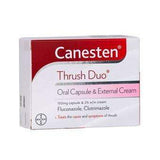
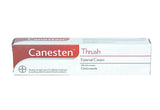

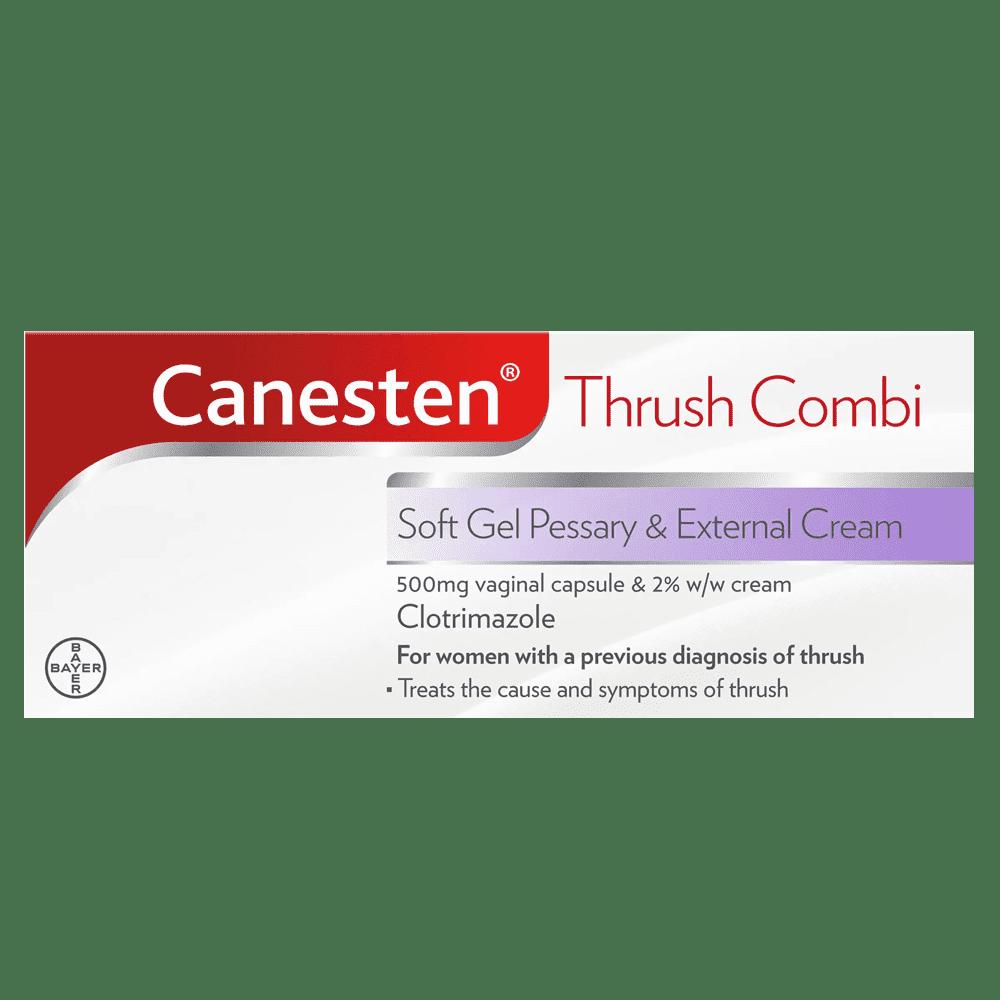
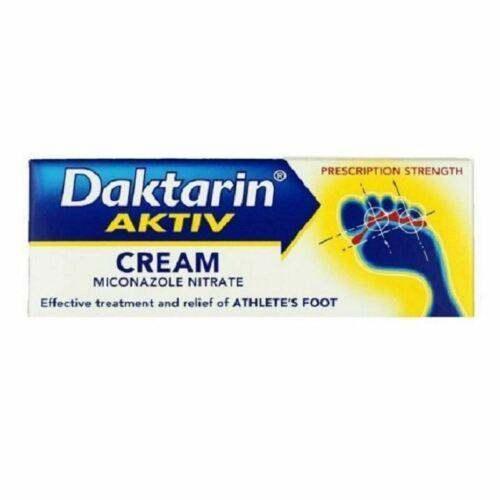

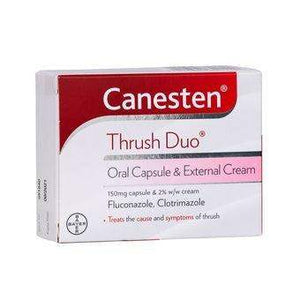
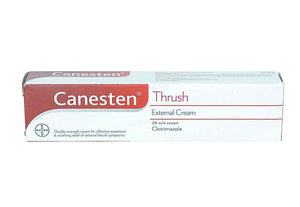



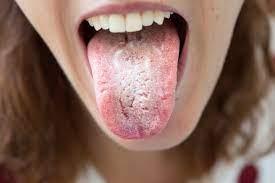
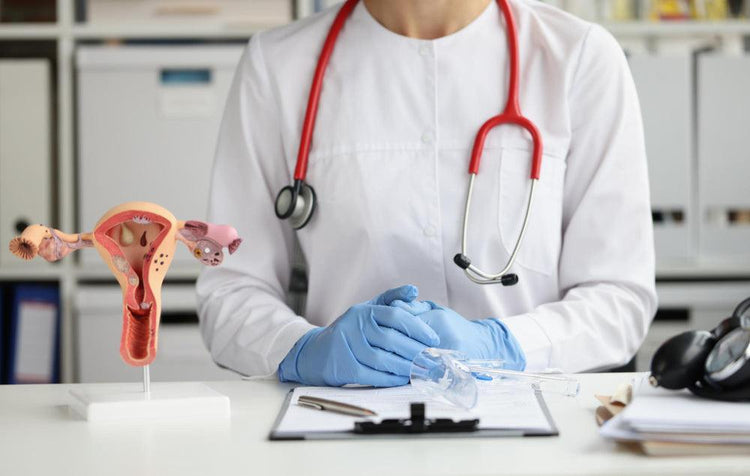





 Rated Excellent by 26,523+ Reviews
Rated Excellent by 26,523+ Reviews